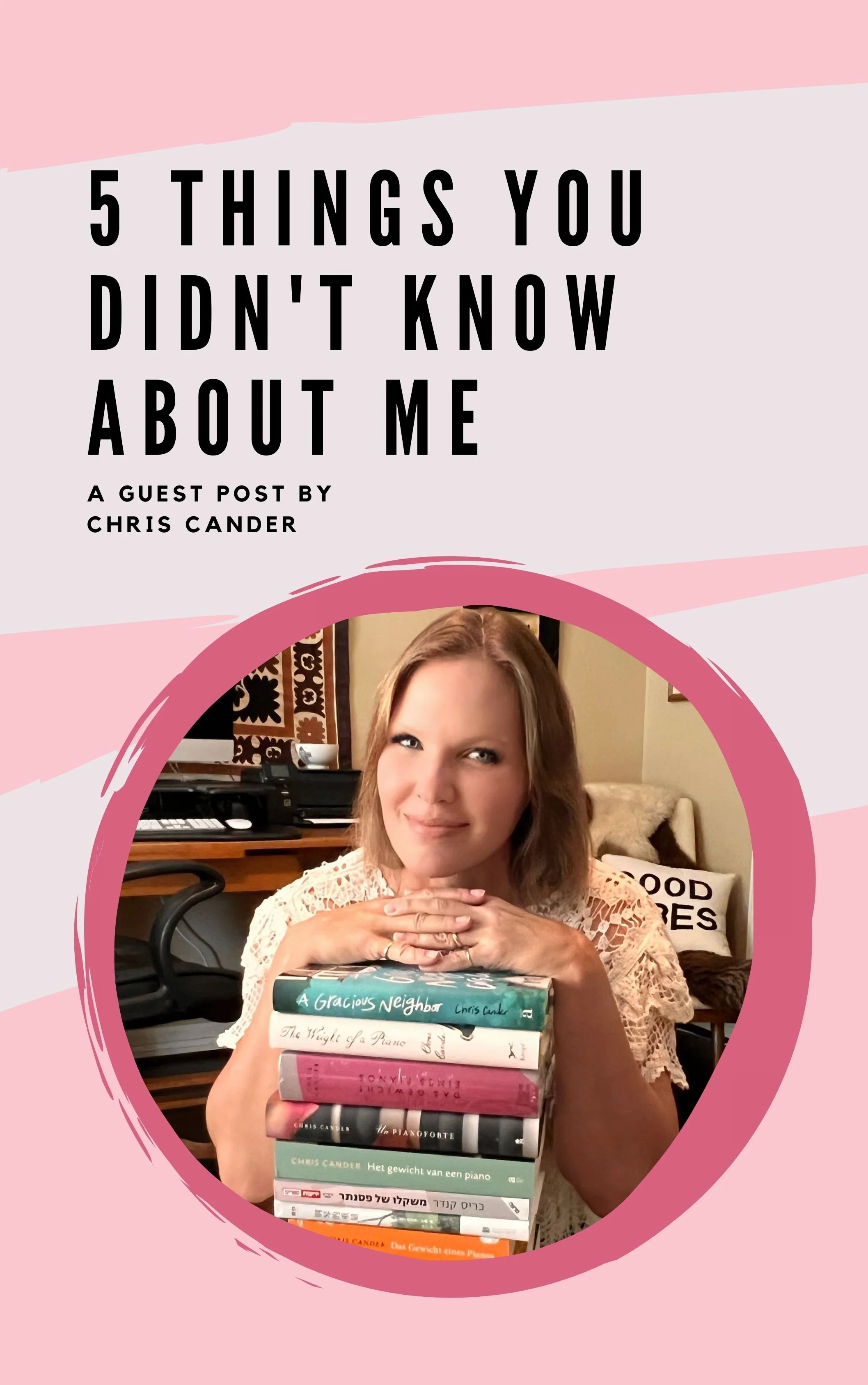Risks and Rewards of Writing About Controversial Topics: A Guest Post by Paulette Stout
I’m on maternity leave! During this time, a few of my favorite authors offered to step up and write guest posts so that this blog would remain active while I adjust to my new role as a mother. I may also be a bit slower to respond. Thanks for understanding and for being so supportive of me, my family, and my blog. Want to donate a few dollars to keep this blog running or perhaps contribute to my diaper fund? You can do so on Venmo or Paypal.
Risks and Rewards of Writing About Controversial Topics: A Guest Post by Paulette Stout
All writers want to both write what we love and be appreciated for our work. But what if our interests transgress into the taboo? Do we follow our her down a “forbidden” rabbit hole, or ignore her in favor of what’s socially acceptable?
The answer, as ever is, it depends. But writing a “safe” story won’t insulate you from scrutiny. If that’s your motivation for avoiding controversy, dear author, you might want to pinch your nose and jump in anyway.
Forget the Adulation
If your goal as a writer is to be universally adored, you’ll likely be disappointed. Look up your favorite work and you will find one-star reviews. It’s human nature and artists have suffered the sting of ridicule, regardless of century. Here are some notable examples:
“…appears written by a perverted lunatic who has made a speciality of the literature of the latrine…” James Joyce’s Ulysses, 1922 review
“a serious defect, unpardonable maybe for the genre: a future that has no language invented for it lacks a personality.” Margaret Atwood’s The Handmaid’s Tale, 1986 review in the New York Times
“Sentimental rubbish.” Leo Tolstoy’s Anna Karenina, 1877 review
“the only consolation which we have in reflecting upon it is that it will never be generally read.” Emily Brontë’s Wuthering Heights, publication era review
Right. Wuthering Heights faded into the dustbin of history…
I share these because if you’re avoiding writing controversial topics to avoid criticism, know that’s impossible. You will get criticized. You will get one-star reviews. That’s because each reader infuses their own experiences, world views, biases, and frankly, dour moods into your stories. They squeeze them onto the page between the words as if you put them there yourself. Given all that, why not write the stories and words that stir your author soul?
Time to Educate
When your muse drives you straight into a taboo storm, best to prepare. You likely know the tempest you’re poking. Anticipate the objections, the questions and formulate clear and compelling storylines showing why the social mores of the day need some rethinking. Be unafraid to present your case, boldly and without apology. You had something to say when you came up with the idea, to let that story shine. Share your reasoning through the character journeys, so readers trot alongside you. When discussing your book, be unafraid to discuss why the taboo topic you’ve chosen is worthy of conversation. As an author, you now have a platform to educate and persuade. Change the thinking of the day. Do that well, and you’ll likely change more than a few minds along the way.
What If People Don’t Buy It
It’s true that if you write a controversial story, not everyone will be interested in reading it. You may limit your audience to those interested in challenging tales that question social constructs. But the same is true of all stories. Reader tastes vary, and no one story will satisfy everyone. For instance, there are a wealth of chart-topping Sci-Fi Fantasy books out there. I don’t read those. Does that make them bad? Of course not. They have rabid followings, and so can your story. Remember, if you write a great story with purpose, tension and bingeable prose, you’ll find an appreciative audience. It won’t be for everyone, but it can most certainly be for enough people to build a fan following.
Stories not Sermons
It’s easy to be opinionated in life. After all, we each have one. But when readers sit down to enjoy a book—especially fiction--they want to be entertained. They want to escape their everyday world and dive into a juicy story. If you write about controversial topics, or have strong personal or political values you want to express, remember those are your values as an author. Don’t hit readers over the head with long, ranting character monologues or you’ll break that third wall. It’ll be clear that you—as the author--have hijacked the story to make a political point. No bueno.
Instead, persuade the reader through story arcs and character development. Demonstrate the grim reality and consequences for the situation you’re highlighting. This is a prime example where “show don’t tell” is especially crucial. Nail this and readers will experience revelations themselves and come away changed. “Gosh, I never thought of what happens when….” Make it their idea. That’s far better then feeling ambushed by Professor Author who interrupted the main character’s perfectly lovely weekend stroll to hoist them onto a soapbox. Force-feeding an agenda thinly masked as story is just icky. And it rarely persuades.
Passionate Responses
Given the controversial topics I’ve written about, I definitely get passionate reader reactions. Some readers emerge changed, enlightened and grateful for learning about new issues or seeing familiar ones in a new light. Glowing feedback is gold and reinforces the soundness of why you wrote the book in the first place. Remember all those times you proclaimed, “if my book reaches one reader deeply, it’ll be worthwhile”? Good. Internalize that. Write it down. Why? Because many readers will be out for blood with digital pitchforks.
When firm beliefs are challenged, readers can react negatively. They get offended. Fight-or-flight instincts are triggered as they see their values in jeopardy. When leaping to their own defense, your story and characters become collateral damage. Expect it and be ready if you choose to write controversial books. But remember: their negativity stems more from their own inner conflict than from what you’ve written on the page.
For instance, in my latest book, What We Never Say, I cover the topic of #MeToo with a male survivor and powerful woman assailant. Some women I’ve encountered are very uncomfortable being sympathetic towards male survivors. One crisis center director told me that to acknowledge male survivors distracts form the many women suffering. Deeply held world views like this will certainly clash with story content, especially if it forces readers to experience an unwelcome perspective.
As with anything, there are pros and cons to any decision of consequence. It all comes down to your goals as a writer and what you are hoping to accomplish. My goals include challenging readers to ponder some alternate and new thinking, so I have to be ready to take my lumps. But I’m human, and I’d be lying if I denied it’s super unpleasant when it happens. But I must write work that excites me. Right now, that’s telling stories that are too often overlooked by polite society. I view it as my role as an artist. Do I entertain? For sure. Are my books bingeable? You bet. But my goal is to also educate and enlighten. If you’re like me. Buckle up for a fun ride.
About Paulette Stout
Paulette Stout writes fast-paced and entertaining contemporary women’s fiction stories, each touching on a different social issue. Regardless of topic, her lively prose and compelling characters keep readers turning pages. Check out her debut, Love, Only Better, and her new release, What We Never Say, at retailers everywhere.
Risks and Rewards of Writing About Controversial Topics: A Guest Post by Paulette Stout





